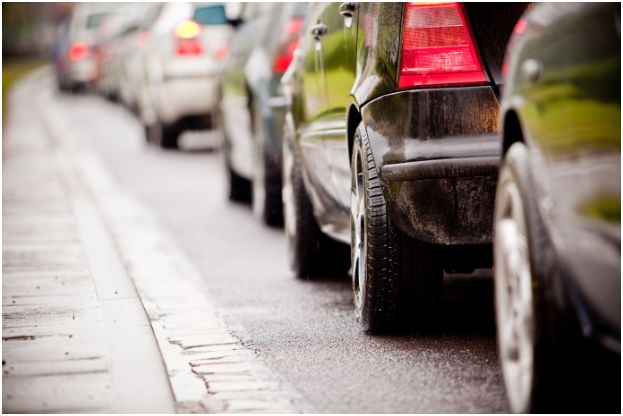Save fuel by adjusting your driving habits!
The volatile petrol price, which goes up more often than it comes down, leaves many car-owners who are already dishing out a handsome sum on fuel wondering when the next hit will come – and how they’ll afford to keep driving if the price rockets.
Although fuel price fluctuations are a thorn in the side for most average people, Virgin Money -insurance like it should be says that car-owners can save on petrol with better driving habits.
They have collated a few easy-to-implement tips to help car-owners reduce their monthly petrol expense:
Firstly, ensure that your tyres are correctly-inflated. “Keeping your tyres properly-inflated to the level stated by the manufacturer is one of the simplest ways to improve your car’s fuel economy. Aside from reducing fuel efficiency, inadequately-inflated tyres tend to overheat, which jeopardizes your safety and also causes tyres to wear out prematurely,” says Vinay Padayachee, Virgin Money’s Managing Director.
It’s also wise to keep your car in optimal condition. Keep-up with engine maintenance and service your car regularly. Also make sure that spark plugs and filters are changed according to the vehicle manufacturer’s recommendations. All of these factors can influence your car’s efficiency.
Padayachee notes that driving at a moderate speed ensures better fuel economy. On average, a car uses about 15% more fuel at 100km/h, and 25% more fuel at 110km/h than it does at 90km/h. However, don’t think that the slower you drive, the less fuel your car will use. Interestingly, the fuel consumption of an average car increases dramatically at speeds below 50km/h. If your car sounds like it is strained or revving, the chances are that it is chewing petrol.
Another tip is to avoid stop-start driving. Sudden braking and accelerating will impact on your car’s fuel consumption. Don’t tailgate and try to avoid stop-start driving as much as you can by accelerating and decelerating slowly.
It’s also important to not let your engine idle. Idling more than a minute consumes much more fuel than restarting the engine. Prevent fuel wastage through idling by stopping the engine whenever your car is stopped or held up for an extended period.
Last but certainly not least, use your air-con sparingly. Air conditioners can use about 10% extra fuel when operating. However, at speeds of over 80 km/h, your air-con is better for fuel economy than an open window.
“A lot of us are not particularly savvy about petrol-efficiency. A closer look at our driving habits could reveal opportunities for reducing consumption, and thereby reducing costs. You may not have to resort to living off dry bread and black tea in order to keep your car on the road if you make a few changes,” concludes Padayachee.
For Live Traffic on your Route view the TomTom Route Planner
For Route Planning and Weather on your Route : Mapservice
Also view:
Road Safety Tips for the Festive Season





